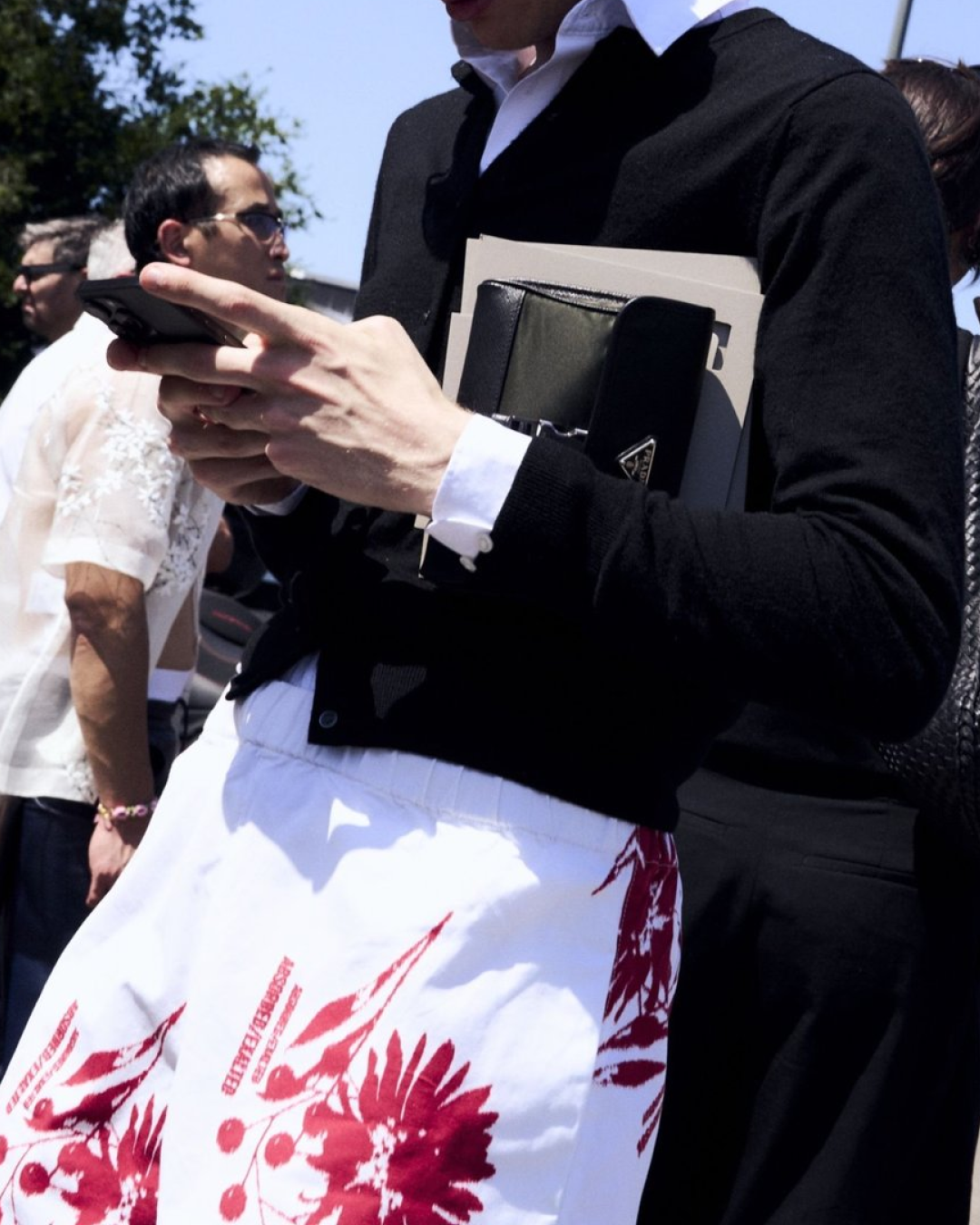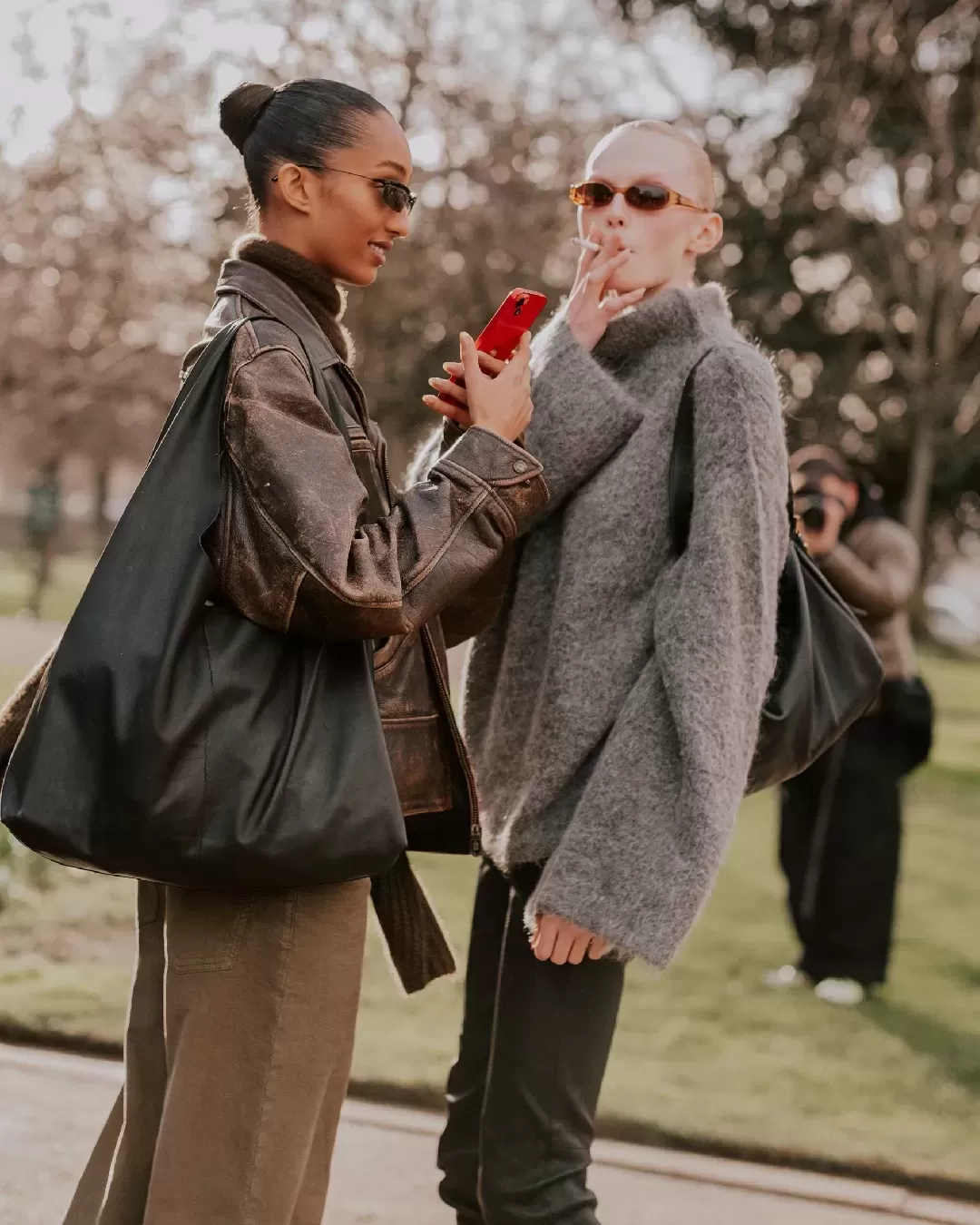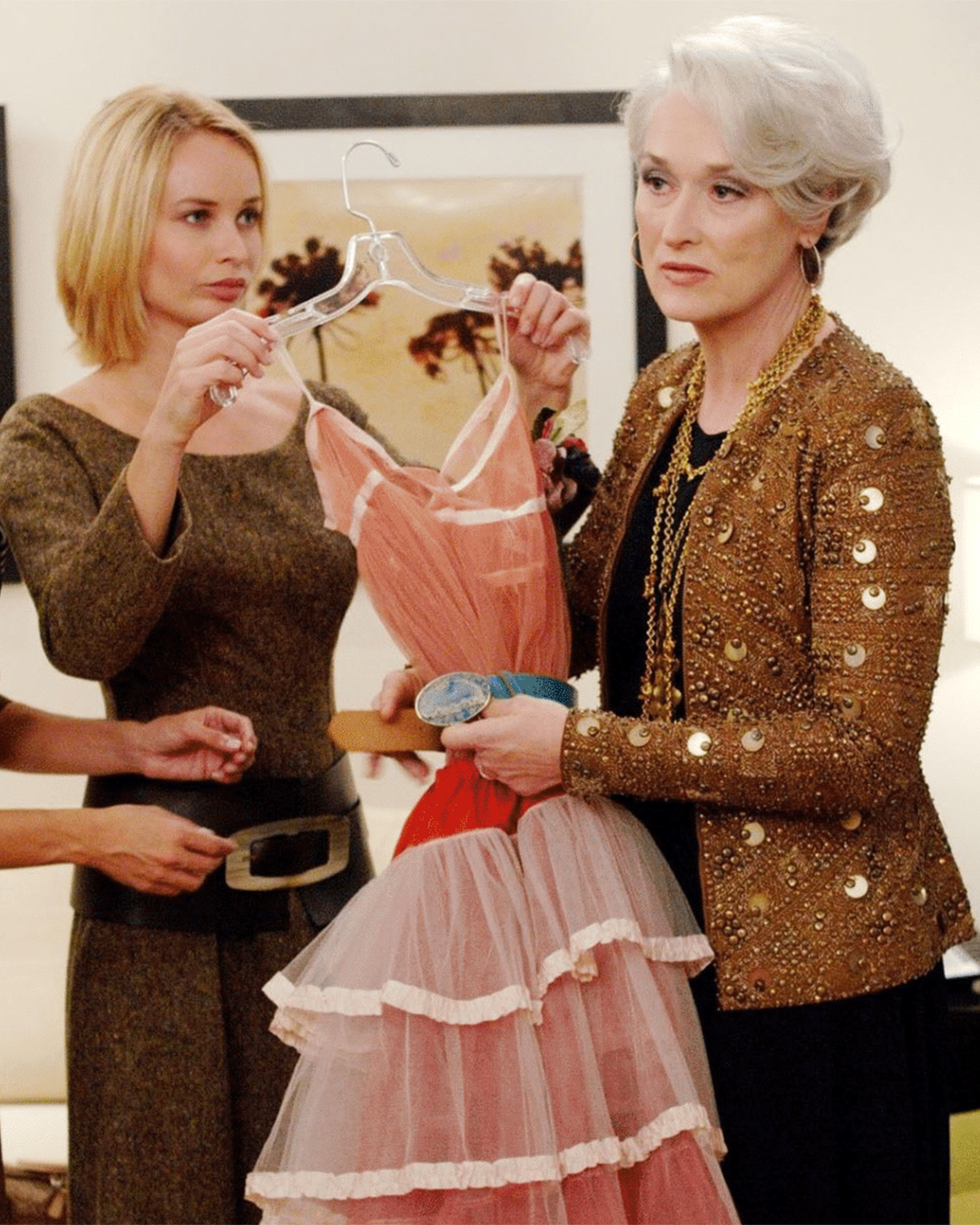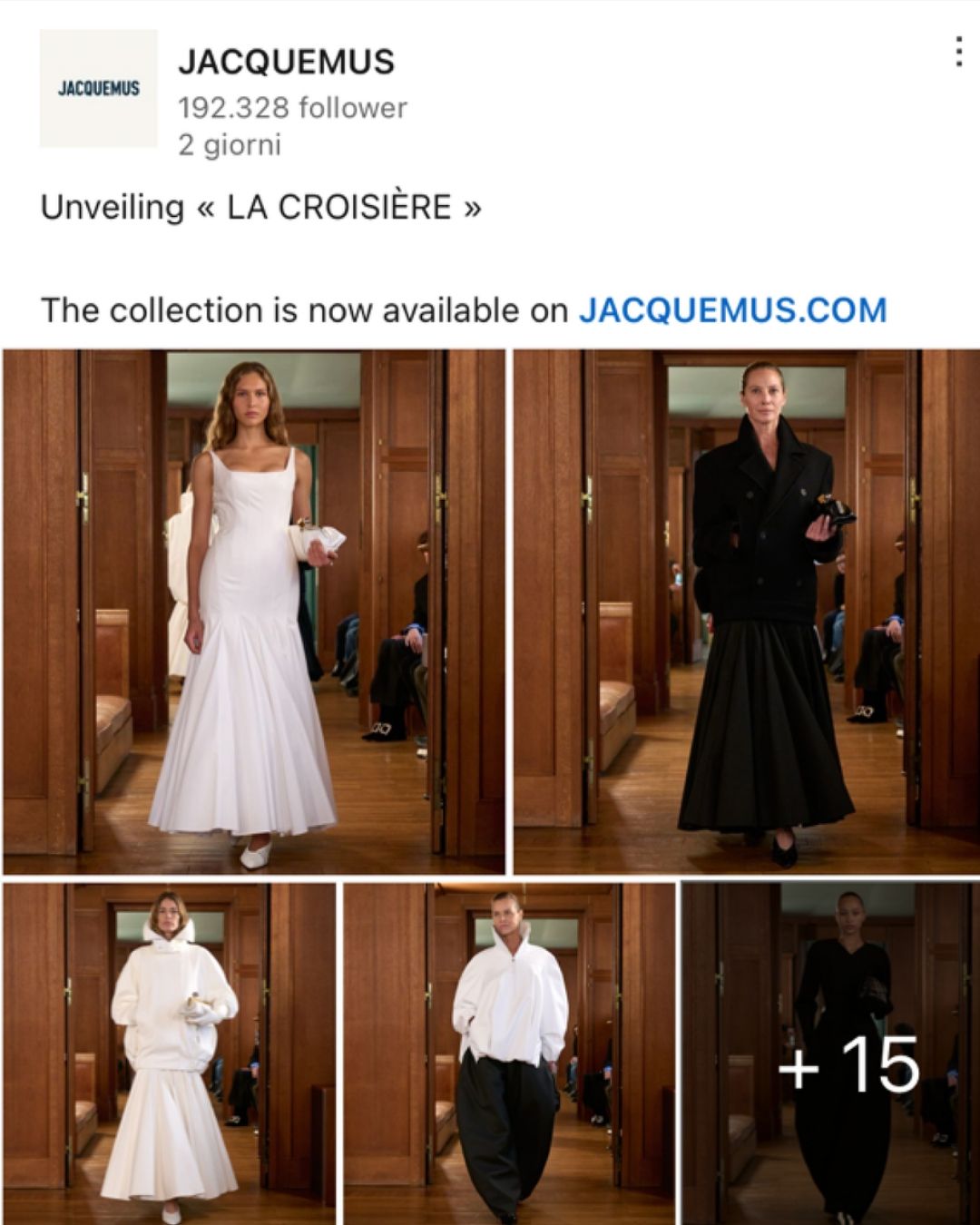
Is LinkedIn becoming the Tinder for desperates? According to a study signed PhotoAid, it has already become so
In recent years, LinkedIn has attracted the attention of the online public not only because of the job opportunities and career advancements it can offer, but also because of an unexpected aspect: the search for "link ups" that are not really work-related. Despite being specifically designed for professional networking, many users have received proposals on the platform that range from romantic to indecent and inappropriate messages that blur the lines between professional and personal interactions. Recently, PhotoAid conducted a study of more than 1,000 active women on LinkedIn in the United States, finding out their experiences and reactions regarding such encounters. The most important finding is that 91 percent of women on LinkedIn have received romantic advances or inappropriate messages at least once. These unwanted messages range from unsolicited compliments to proposals for romantic or sexual encounters. Although LinkedIn explicitly advises against mixing business with pleasure, users continue to face this problem with alarming frequency.
Is LinkedIn being used for the wrong reasons?
@joinentre It’s so easy to meme LinkedIn these days #startup #linkedin #entrepreneur #investing Blue Blood - Heinz Kiessling
As mentioned, about 91% of women on LinkedIn have received romantic proposals or inappropriate messages at least once. 31% inappropriate messages arriving in women's inboxes are proposals for romantic or sexual encounters or requests for private or otherwise intimate information. This phenomenon could be attributed to the sense of anonymity and "electronic courage" that the online environment provides, allowing people to act differently than in reality. But there is also an 11.58 percent of cases where messages contain explicit unsolicited content that, let's emphasize even though it shouldn't be needed, is not at all a good idea to share via LinkedIn. When someone makes the first move, 43.44% of female professionals usually confront and inform the sender that they have crossed the line and have reported on multiple occasions users trying to be "too friendly." Receiving advances on LinkedIn generally causes reactions of annoyance (14.75%), indifference (13.42%) or confusion (13.22%). Nearly 74% of women on LinkedIn have at least once curtailed their activity on the platform because of inappropriate behavior by other users.
How to solve the problem?
To counter this growing concern, participants suggested several actions LinkedIn could take to address the problem. Top recommendations include increasing awareness and education about appropriate behavior (39.04 percent), implementing stricter guidelines and policies (25.61 percent), and banning users who repeatedly send inappropriate messages (22.34 percent). These measures could help create a more respectful and professional networking environment on the platform. As LinkedIn continues to seek a space for professional networking, it is essential that the platform proactively address these issues. By increasing awareness, implementing stricter policies, and taking action against repeat offenders, LinkedIn can create a safer and more conducive environment for professional connections.















































